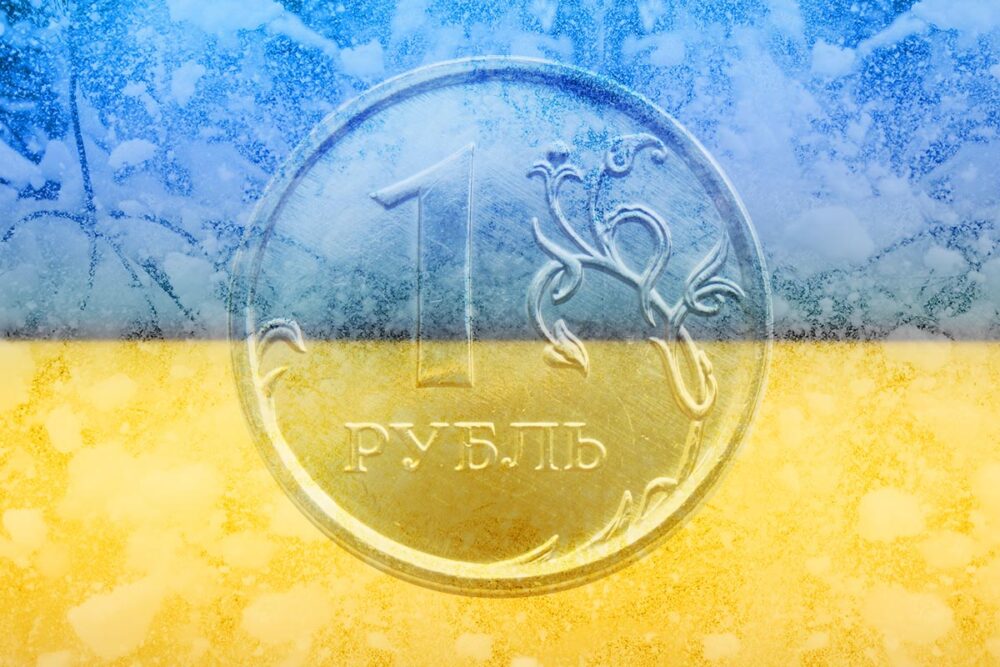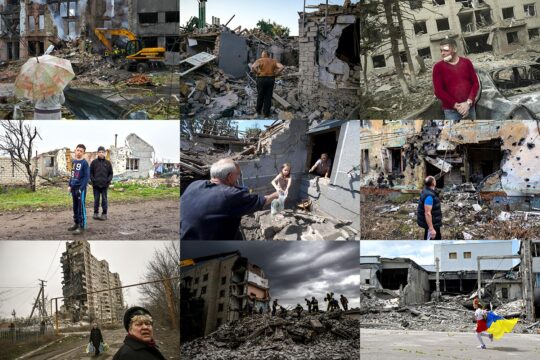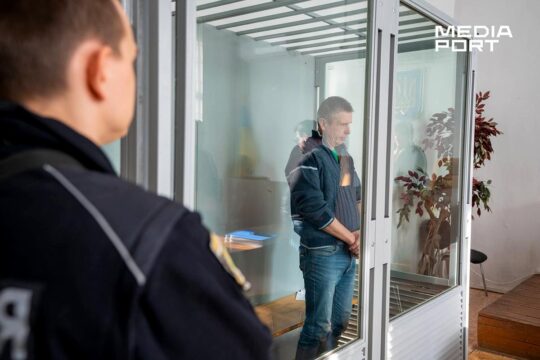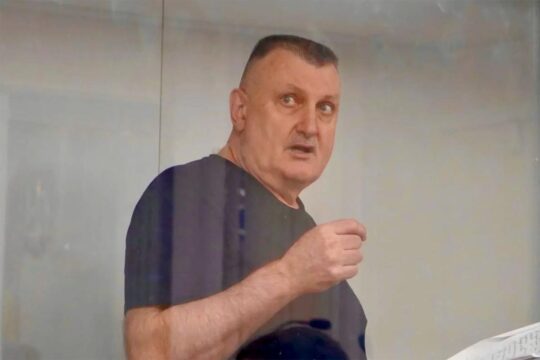On Sunday June 9, on the sidelines of his trip to France, US President Joe Biden said he had reached an agreement with French President Emmanuel Macron on the use of interest from Russian assets frozen since the start of the Ukraine war. This is an important issue, as the sums involved are estimated at 260 billion euros. It was hardly surprising, therefore, that the subject would feature explicitly on the agenda of the G7 summit held from June 13 to 15 in Borgo Egnazia, Italy.
In May 2024, the countries of the European Union (EU) agreed to allocate the windfall profits from Russian public assets frozen in the books of International Central Securities Depositories (ICSDs) to Ukraine’s defence effort and economic recovery. These windfall profits, estimated at €3 billion for the first three quarters of 2023, are the result of the European Council’s revision, in February 2024, of a regulation concerning the obligations of European ICSDs managing securities owned by Russian interests. To fully understand what is at stake, we need to take a look at ICSDs, financial players that are little known or not at all to the uninitiated.
ICSDs, born of the Cold War
ICSDs have always been at the crossroads of politics and economics. In the 1950s, at the height of the Cold War, the existence of assets denominated in US dollars and held by Russian interests in non-American banks led to the creation of the Eurodollar market. In the 1970s, this market expanded considerably with the accumulation of dollar assets held by OPEC countries in Europe - the famous “petrodollars” - and dollar-denominated debt held by non-US residents. To accommodate these “stateless” securities, the Euroclear ICSD in Brussels and the CEDEL ICSD in Luxembourg (now Clearstream) were created.
ICSDs are now major financial market bodies. They are private players (Euroclear and Clearstream are joint stock companies), whose main tasks are to manage:
- holdings of securities on behalf of non-resident investors. This is known as the custody of securities (or depositary function) in order to certify their existence and ownership;
- flows generated by securities, in particular the periodic attribution of coupons or dividends to investors: these are securities transactions.
Again at the heart of international tensions
Since the outbreak of war in Ukraine, assets held by Russian interests have been frozen, although they still benefit from the rules protecting sovereign assets. For example, while the Russian sovereign investment fund is still the owner of French or German sovereign debt bonds, it can no longer assert its rights to interest or related reimbursements.
These sums, which are still being paid out by the issuers, are therefore accumulating on the books of the ICSDs, forming windfall profits that could have been redistributed to their shareholders. Initially, the Commission enjoined the ICSDs concerned to segregate these amounts (thereby blocking their redistribution to their shareholders). The new European regulation then went further, allocating these profits to support Ukraine.
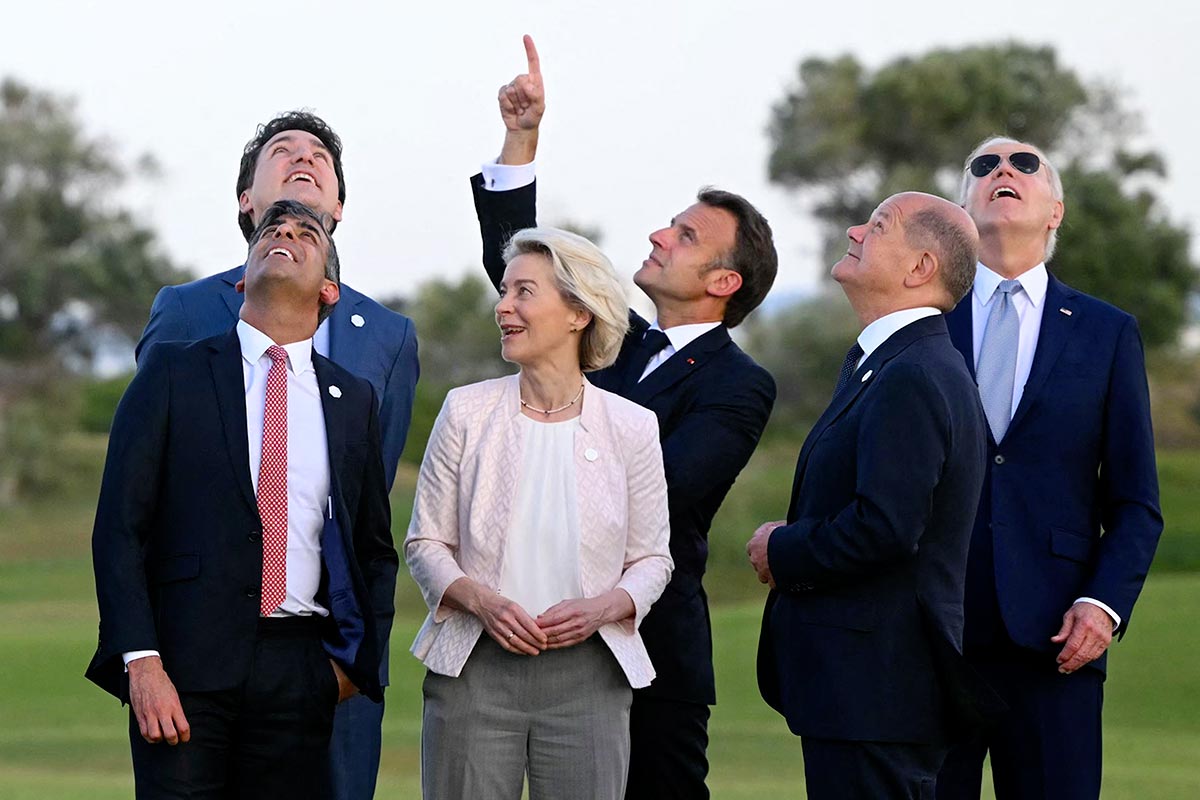
Earmarking windfall profits for Ukraine
The European Council estimates that around €260 billion of Russian Central Bank assets are tied up in EU, G7 countries and Australia as a result of sanctions imposed after Russia invaded Ukraine in 2022. The May 2024 agreement between the member States mainly concerns windfall profits accumulated in this respect by Euroclear, which holds around 70% of all Russian assets frozen in Western countries. Ninety per cent of the earmarked funds are to be used to purchase weapons and military equipment for Ukraine, with the remaining 10% earmarked for the country’s reconstruction efforts, and potentially for reparations for Ukrainians.
At the same time, the United States proposed a separate plan to issue $50 billion in debt for Ukraine, to be repaid with future profits from the frozen assets. However, the European Union considered this approach too long and complex, preferring instead to provide Ukraine with rapid financial support by transferring the flows generated by the frozen securities to dedicated European funds.
Full confiscation of Russian assets in Europe was also envisaged. Apart from its legality and the political risk that this would pose for member States (the scale of the inevitable Russian retaliation being difficult to estimate), it seems unrealistic from a financial point of view. Indeed, before these assets could ultimately benefit Ukraine, they would have to be converted into currency, and buyers would have to be found. But who is going to agree to spend several hundred billion euros on assets tainted by massive legal and geopolitical risks? So we can see that the assets managed by European ICSDs have an unfortunate tendency to find themselves at the centre of international political issues.
Ethical debate and differing perspectives
The decision by European Union countries shows that politics retains its influence on the globalized financial markets. In this case, it means dipping directly into the pockets of Euroclear shareholders to help finance a war effort. A concerted policy at European level remains possible when a shared objective emerges. Central financial market infrastructures, such as ICSDs, can be used as strategic levers to supervise and guide market financial activities.
However, while the goal is shared, the modus operandi has already raised objections. Some militarily neutral European countries (notably Austria, Cyprus, Ireland and Malta) have argued that a more significant proportion of the profits should be earmarked for civilian purposes such as education and research. There are also questions about the ethics of mobilising resources from the interest on the sovereign debt of European states, much of which has been recycled to supply arms to Ukraine.
This divergence of views will surprise only the naive: the main member countries issuing debt held by Russian interests are also home to a major defence industry. In practical terms, therefore, the interest payments associated with German and French sovereign debt will ultimately help to finance the manufacture of French and German weapons in particular, but also American and British weapons.
This article, translated by Justice Info, is republished from The Conversation France under a Creative Commons licence. Read the original article.
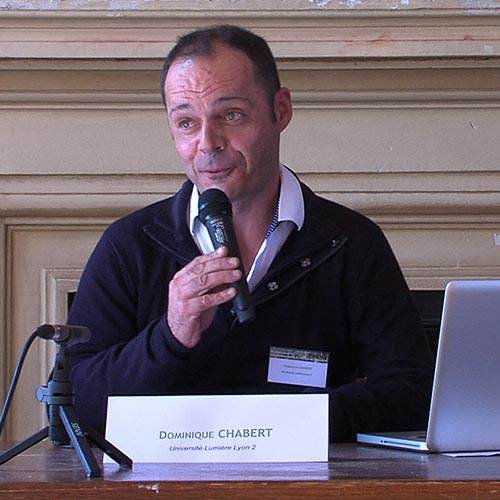
Dominique Chabert has a doctorate in economics and is a lecturer at the Université Lumière Lyon 2 (France). As a researcher, he works on innovation ecosystems and the finance-industry link. He is associated with the work carried out on capital market support activities by the Lyon-Saint-Etienne Economic Theory and Analysis Group.
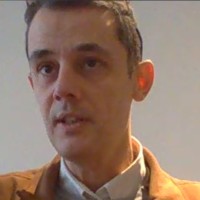
Frédéric Jouneau holds a doctorate in economics and is a professor at the Université Lumière Lyon 2 (France). A teacher and researcher specialising in econometrics and finance for over thirty years, he is a member of the Groupe d'analyse et de théorie économique Lyon-Saint-Etienne and heads the Master's degree in money, banking, finance and insurance at the Université Lumière Lyon 2.



